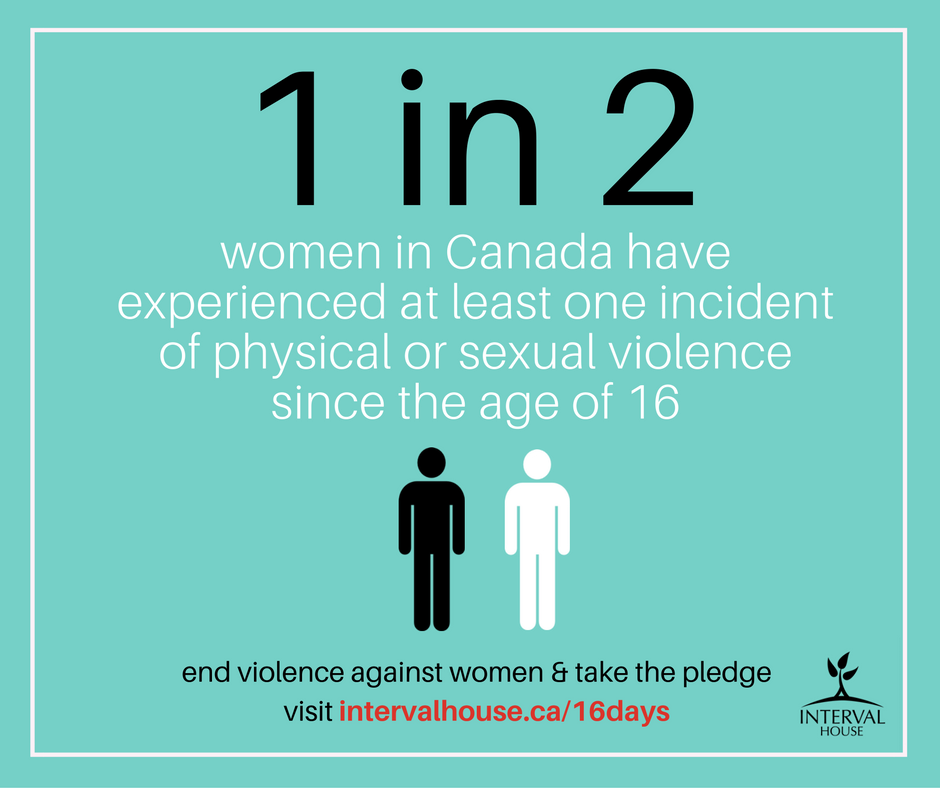
By: Kali Madej
It can be an overwhelming time when a woman begins her journey of healing at Interval House. One of the big things she may need to manage is navigating the family law system. Depending on the circumstances of a separating couple, such as their level of commitment, the living situation, and whether or not there are children involved, there are many aspects of family law in Ontario that impact a woman’s next steps once she has left her abuser.
Knowledge is power, and it’s crucial for a woman fleeing abuse to understand her legal rights and how she is protected by the justice system. It may seem challenging to understand, but there are many resources that can empower a woman to move forward confidently in her new life while still receiving what she’s legally entitled to. It’s important for a woman who has survived intimate partner violence to recognize that going through the legal process and keeping assets that belong to her is a right – not an option, and a way to take back control of her life.
Separation and Divorce:
Once a relationship is terminated and a couple separates, assets and property are divided between the two. Division of assets depends on the level of commitment in the relationship. Child and financial support, payment of family debts, and property division are all settled through a separation agreement – either an informal verbal contract or written agreement. Coming to a separation agreement can be challenging and in cases of domestic violence, it can be even more complicated. If a woman has fled a dangerous situation, how can she be expected to come to an agreement on dividing property?
There are alternate methods for devising a separation agreement that are helpful for survivors of intimate partner violence. The separation agreement can be handled through negotiation, mediation, collaborative law, or arbitration. If none of these methods are successful, going through the court system is the next option.
A mediator (usually a social worker, lawyer or psychologist) can act as a bridge between the separating partners and help in reaching an agreement to divide assets fairly. Mediators do not make decisions. Rather, they support the process of arriving to agreeable terms. However, a survivor of intimate partner violence may want to consider other options, as the trauma of facing her abuser may discourage a woman from pursuing her rightful assets.
Arbitrators (usually a lawyer, child psychologist, or former judge) play a similar role to mediators – except they do have the power to make decisions on behalf of the couple. Because arbitrators have training in family law and domestic violence, survivors can feel confident in their involvement and decision-making. Still, arbitration does involve facing the abuser in a confined environment, and so survivors of abuse should be aware of this during the decision-making process.
If the arbitration process is not an option or is unsuccessful in reaching a separation agreement, survivors can go through the court system. Many perceive this process to be time consuming and costly, but there are many options for women who have fled violent relationships and many cases are resolved within a short time frame.
Legal Aid Ontario provides assistance in getting lawyers for women with low income. By calling 1-800-668-8258, women can speak to a lawyer for two hours for free. Counsellors at Interval House can act as advocates for women in court and provide moral support and presence, reminding all survivors that they do not need to face their abusers alone. Beyond Legal Aid Ontario, the Barbara Schlifer Clinic and Luke’s Place are organizations that provide support to abused women specifically. Both organizations offer a range of services, including legal support and family court support.
Leaving an abusive relationship is hard enough and the Ontario legal system may seem overwhelming. But all survivors of intimate partner violence have already proven their strength and resolve by leaving. They have the resiliency to make it through this stage too. Women leaving abusive situations are entitled to what is rightfully theirs, and Interval House is committed to helping them through every stage of the difficult process.

